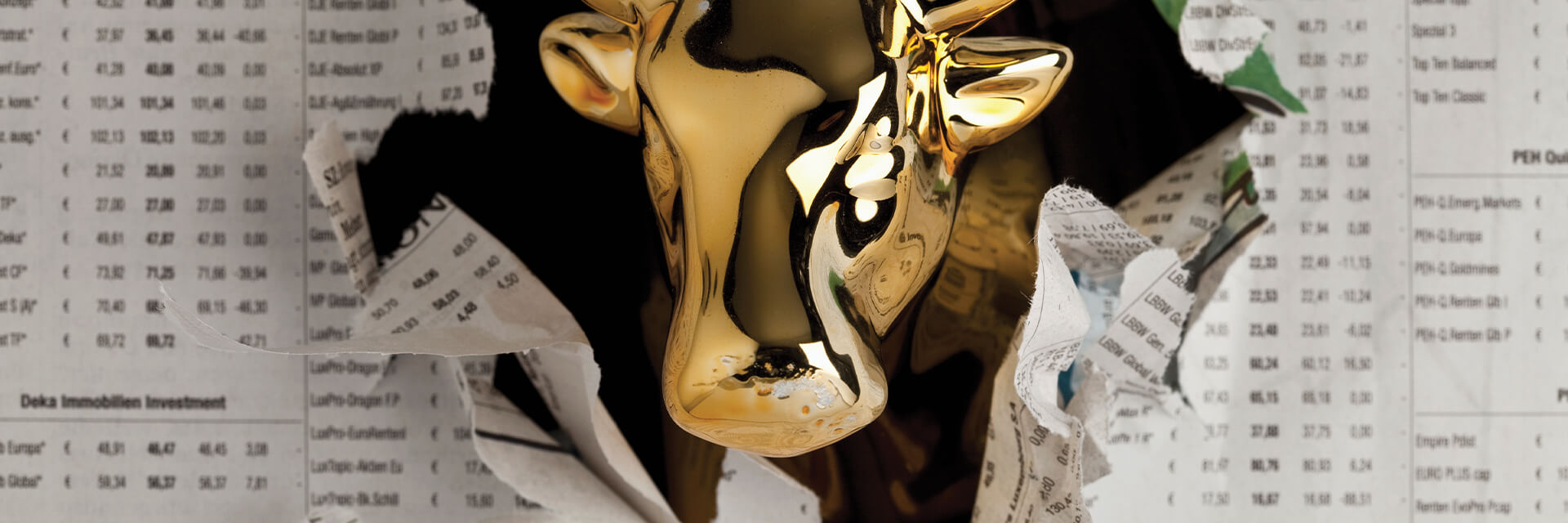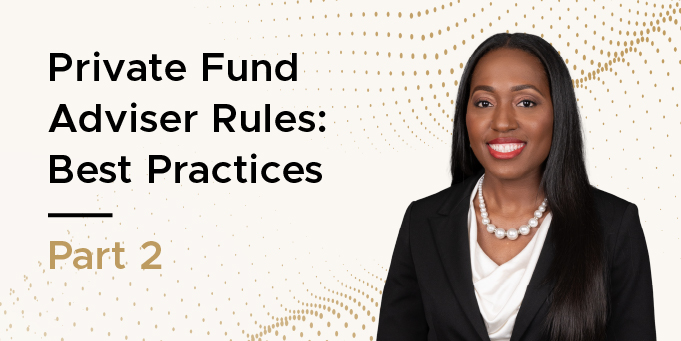
Considerations for Alternative Investment Funds During COVID-19: Impact on Private Equity Deals
- Published
- Apr 13, 2020
- Topics
- Share
Private equity deals have been heavily impacted by the novel coronavirus (COVID-19), leaving limited opportunities. EisnerAmper sat down with Andrew Greenberg, CEO of investment banking firm Greenberg Variations Capital and GF Data, a middle market M&A data provider, who shared his insights on why M&A activity is slow, which areas are ripe for deal making, and the future outlook for opportunities once the coronavirus passes.
Greenberg said M&A volume is down is because business valuation involves risk.
“Where you can’t arrive at a view of risk-adjusted returns, it’s not possible to value a business,” he said. “For this reason, M&A processes have been put on hold.”
Alan Wink, Managing Director of Capital Markets at EisnerAmper and member of the firm’s COVID-19 Response Team, added: “Due to global uncertainty relating to COVID-19 and the fear of additional risk, deal activity in the coming months might see significant decreases. Many funds have halted deal-making activity and are doing all they possibly can to salvage their existing portfolio company investments.”
Greenberg said there are four categories of deals that will flourish because they do not require clarity around valuation to move forward.
- Industries whose central role have been accentuated by COVID-19, such as telemedicine and cybersecurity.
- Those that satisfy an important strategic objective for a buyer – whether that is a stand-alone industry participant or a private equity firm’s platform investment (e.g., a company active in one geography knows they need to get into another, irrespective of short-term cost).
- Businesses that are valued by a private buyer who does need to be focused on either public company multiples or their own valuations at exit. In these circumstances, a cash-on-cash return can be a sufficient measure of value.
- Finally, distressed businesses are also viable candidates for deals because buyers can buy them at prices that make sense under even the most dire scenarios relating to the macro picture.
Prior to COVID-19, Greenberg said the environment was a sellers’ market showing signs of selective plateauing after a decade-long run.
“Good businesses in traditional industries with some cyclical economic exposure were settling back to earth while a smaller number of other categories playing off other economic trends were showing signs of slowing,” he said.
“This unusual event has probably accelerated a shakeout and a period of distress that some businesses and industries were bound to face in the next year or two anyhow,” he said. “More favored businesses driven by longer term economic and demographic factors may not rebound to precisely the same exorbitant multiples prevailing pre-virus, but they will play off the same forward looking themes in 2021 as they did in 2019.”
Greenberg cited treatment centers for autism and drug treatment, and other facilities geared to behavioral health as examples of this dynamic.
With respect to the intermediate term outlook for private equity deal making, Greenberg noted companies that manufacture and distribute consumer and industrial products are already re-thinking their supply chains. Historically, many of them manufactured and sourced components and products in the Far East and other overseas locations.
“In the past week or so, there has been more discussion about how and when business would get going again and how individual deal processes would restart,” he said. “Whenever that happens, the next challenge will be the concept of COVID-19 adjusted financial performance. Selling businesses and their advisors will raise a wide array of issues of varying merit in coming to adjusted views of value.”
Finally, Greenberg said: “The extended sellers’ market relied on an unprecedented level of debt financing. How quickly that universe stands up again will have a lot to do with how quickly deal activity rebounds. If 2008-09 is any guide, it will take some time for the market to re-set.”
What's on Your Mind?
Start a conversation with Elana
Receive the latest business insights, analysis, and perspectives from EisnerAmper professionals.











